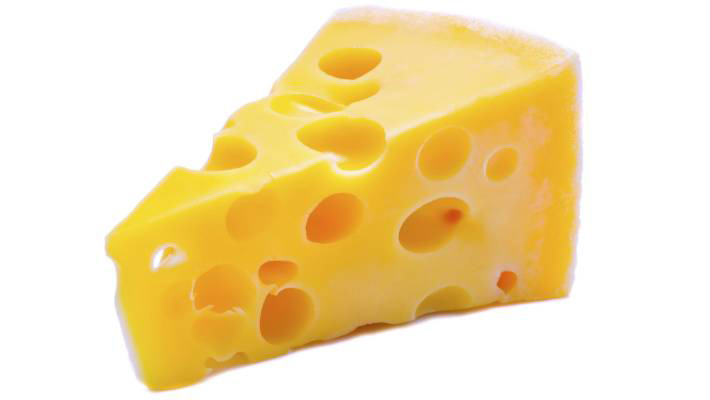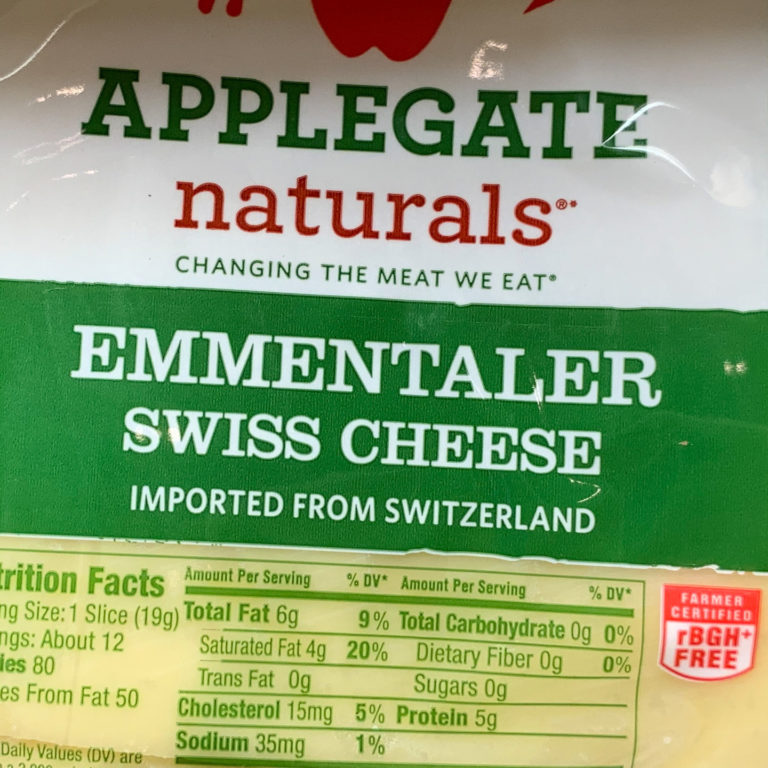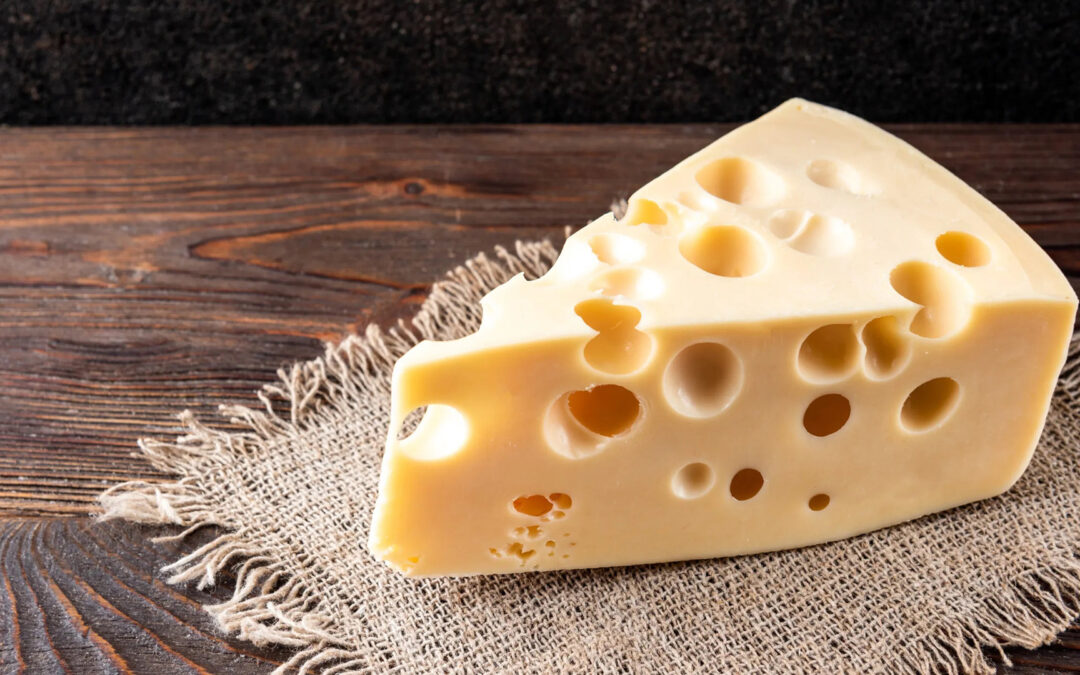
In the U.S., we have an expression “like Swiss Cheese”, which means “full of giant holes”. People may say that a liar’s story or a weak security system is “like Swiss cheese”. In the movie Real Genius, a scientist joked that a space laser could be used to “create enormous Swiss Cheese”.
In my travels, when I visit a place that has a food named after it, I’m always interested to find what it is actually like to the locals. For instance, in Kentucky I checked out the Fried Chicken (not bad, but nothing special). In Maryland I had the crab (turns out I don’t like the species they eat there). In Philadelphia, the Cheese Steaks (awesome though it feels like asking for a heart attack).
When I visited Switzerland, my first interest was to find Swiss cheese. Which I assumed they would call by some other name. (This is not always the rule, though — every American can show you where to buy “American Cheese”, although few of us realize it’s actually just mild Cheddar. The re-branding dates back to the Revolutionary War, when it sounded traitorous to admit liking England’s most popular cheese.)
When I asked Swiss people about Swiss Cheese, though, the most common offerings were Gruyère, Raclette, Tilsiter, Luzerner Rahmkäse, and Berner Alpkäse. And when I asked about “the one with the holes in it”, I was mostly shown something with tiny holes, not the big finger-sized holes we think of as “Swiss Cheese” in the US.
Eventually I gave up, thinking the whole thing was some kind of ruse. There’s nothing French about French Fries or French Dressing (names created to create an impression of elegance). So, I thought maybe there’s nothing Swiss about cheese with big holes after all.
It is now ten years later, and I finally solved the mystery! Emmentaler is the product I was looking for! (According to Wikipedia, “Swiss Cheese” has United States as its Country of Origin… probably because the Swiss call “cheese with big holes” by its local name.)
THINKING POINTS:
- When your business makes claims about the origins of its offerings, or what goes into them, how honest are those communications?
- Do you say things are “artisanally crafted” when they’re automated?
- Does your “team” page include peripheral people but present them as full-timers?
By now we have all seen tech companies use “Artificial Intelligence” as a synonym for “clever” (rather than a truly adaptive self-learning system).
Everyone wants to present their strongest possible interpretation, but it’s important to be aware that exaggerating too much will set off alarms with savvy customers.

